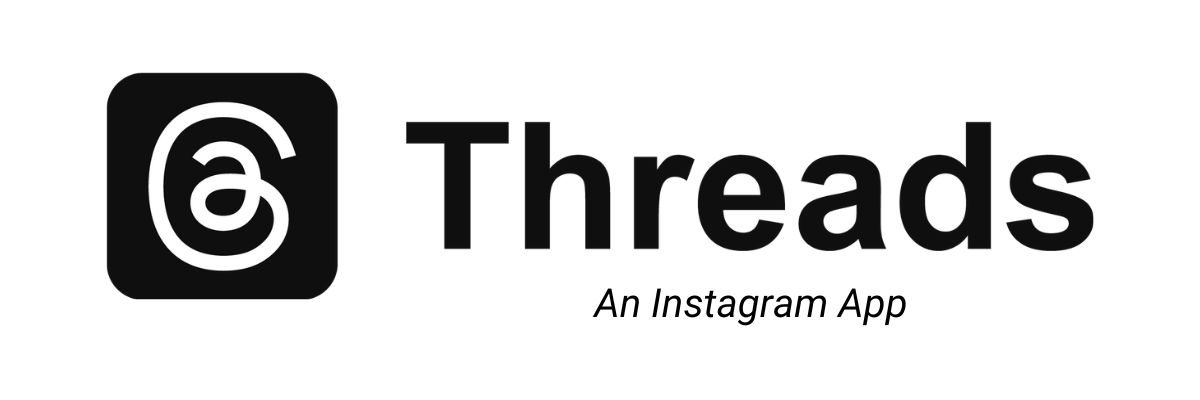This post is not political by nature and is not intended to be; only my opinion.
The question posed is, “Should we trust social media?” The answer isn’t easy and should be given due, deep thought.
The censorship, or purge, of any thought divergent from the “woke” culture is raging on. Among the high profile actions committed in the past few days, Mike Lindell, owner of MyPillow.com, had his personal Twitter account slapped with a permanent ban; former Trump advisor Peter Navarro’s personal Twitter account was slapped with a permanent ban over “unusual traffic” (where is THAT in the alleged Community Standards?); and YouTube very proudly announced they were removing some (or most) of the dislikes on the White House videos as they see the disproportionate number as spam.
Here’s my take:
- Social media claims to be “platforms” as well as private businesses, which should afford them protection under Section 230. This mentality ensures the purge of “dissident views” will continue throughout this year unless they are stopped by Constitutional lawsuits.
- YouTube dismissing and removing the dislikes of the White House videos is no different than censoring verbal or written opinions, which are Constitutionally protected (and should be).
- What happens when the political purge is over?
Let’s take these one at a time…
Social media giants claim to be “private businesses” and platforms, and are protected from their actions under Section 230. They “feel” they are the only arbiters of truth and justice. I would argue the big social media channels are NOT private businesses because they are traded on the New York Stock Exchange (NYSE) – please read the business definition of “private business” on this webpage. (I recommend doing your own research and see if the channel you’re using is on the stock exchange.) That means they have investors and are responsible for their financial success along with their own. That also means Google, Facebook, Twitter, Pinterest, and YouTube are NOT private businesses. Further, they’re not “platforms” because they are choosing what content will and won’t appear on their pages to their audience. They don’t get to use both sides of this coin.
The post YouTube made about removing dislikes from the White House videos is just as alarming, both from the censorship view as well as a business marketing view. If YouTube can act so disingenuously and non-authentically by removing “spam” dislikes, how do marketers who invest in their channel with paid ads really know their analytics are real?? That’s a very serious question. Can you still have 100% confidence that the analytics for your YouTube channel are authentic? Do you have to pay more to get authentic analytics? How much more? Honestly, if YouTube is going to purge the dislikes so callously, why should marketers and business owners pay them one more dime if the return can’t be trusted?
For example, let’s say Business A and Business B both write an article on their respective websites about their own expertise to sell their product or service, and then create posts about their articles on social media. Business B pays to boost their posts to a larger audience while Business A doesn’t. Going by the “pay to play” format, Business A wouldn’t get much visibility — that’s just how it works. Let’s throw in a twist: let’s say for the sake of argument that social media doesn’t like Business B’s featured photo or believes their expertise is somehow “incomplete” or “lacks standing”; social media could simply mute or subtract the views of Business B’s post even though they’re paying to reach a larger audience. Hmmm…..
That bring me to the final question above: what happens when the political purge is over? The answer is simple: everyone becomes a target. That doesn’t mean businesses are being overtly political; on the contrary, most businesses (including mine until very recently) have stayed out of the political fray rather well, understanding that money is money and it spends. The problem is, now that the social media giants have taken a bath in the censorship waters, they have no choice but to continue along this path and censor anyone they don’t agree with or who they feel (or know via surveillance) doesn’t agree with them.
Conclusion
Everyone, every business owner, has to make their own decisions based on what they feel is right for their business. Before committing to staying or ditching your social media channel, I recommend reviewing information from all sides. Ask yourself, “Is this channel right for my business? Do I feel this channel will protect my voice?”
If you don’t trust the social media platform — any of the social media platforms — you shouldn’t use them. If you are using them and have your doubts, you should create an exit strategy for your business from these social media channels, including a time table for migration and being “done”.
More food for thought as we end January 2021.
I apologize this post became more political than I’d actually intended. My purpose isn’t to voice my views; my purpose is to raise questions so all of us, as business owners, can make the best strategic decisions possible.
Be strategic. Be visible. Be found.
Ready to start using social media smarter, not harder? Let’s chat! Schedule a free one-on-one coffee chat over ZOOM to talk about strategically incorporating both social media and inbound strategies into your current marketing plan.
#smallbusiness #businesstips #marketingtips #socialmedia #digitalmarketing #visiblymedia
https://visiblymedia.com/branded-zoom-backgrounds/













